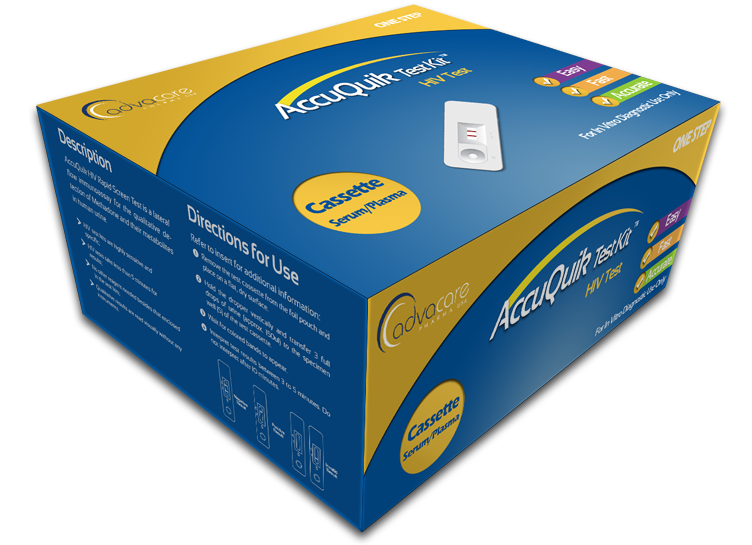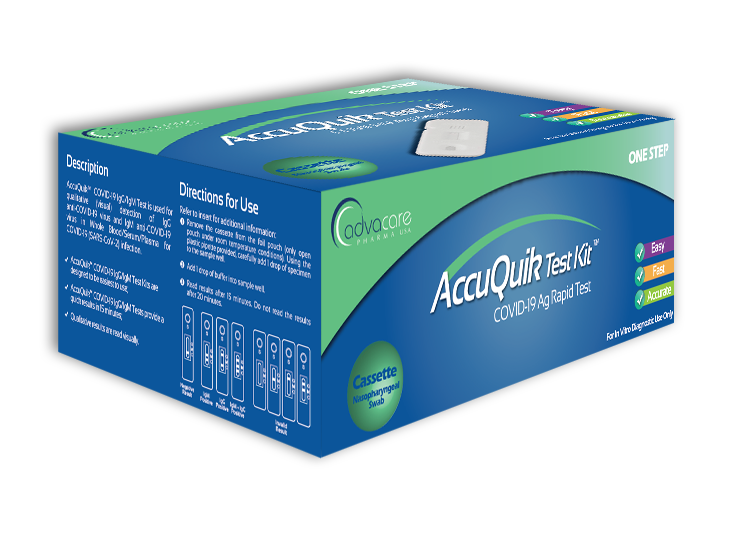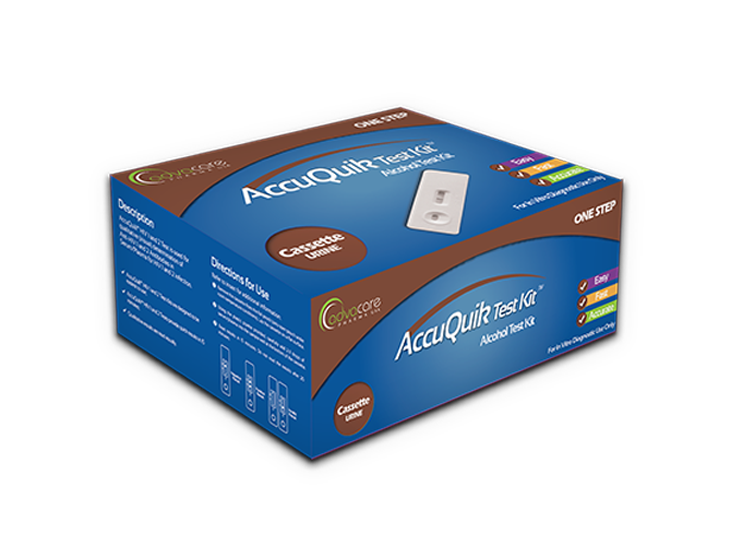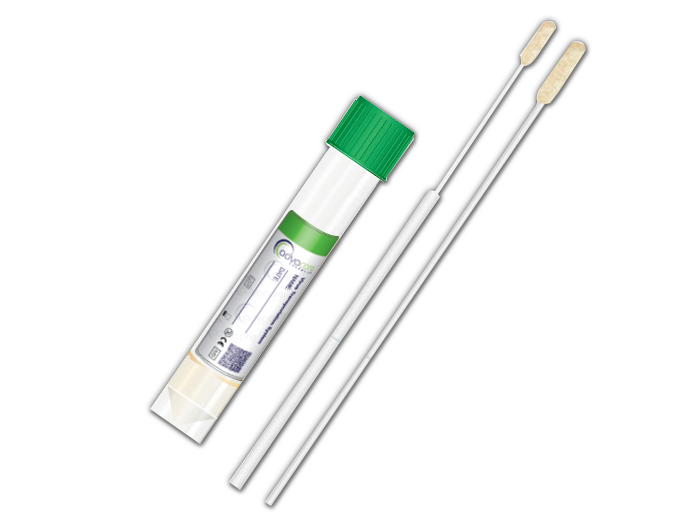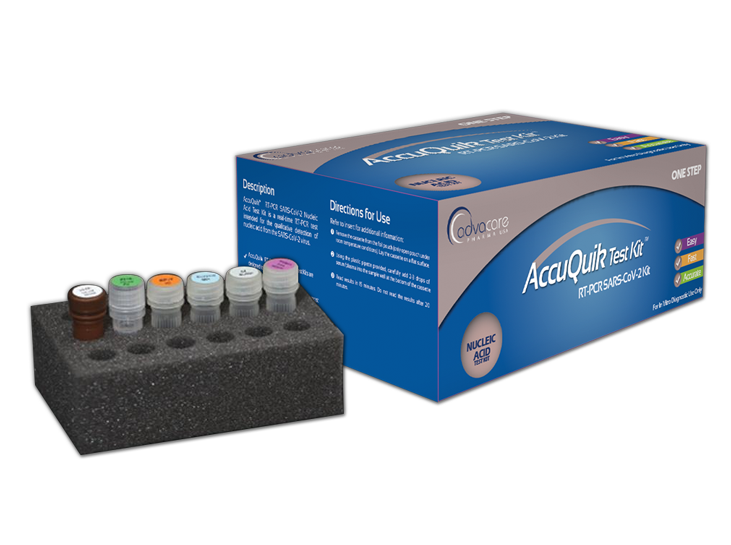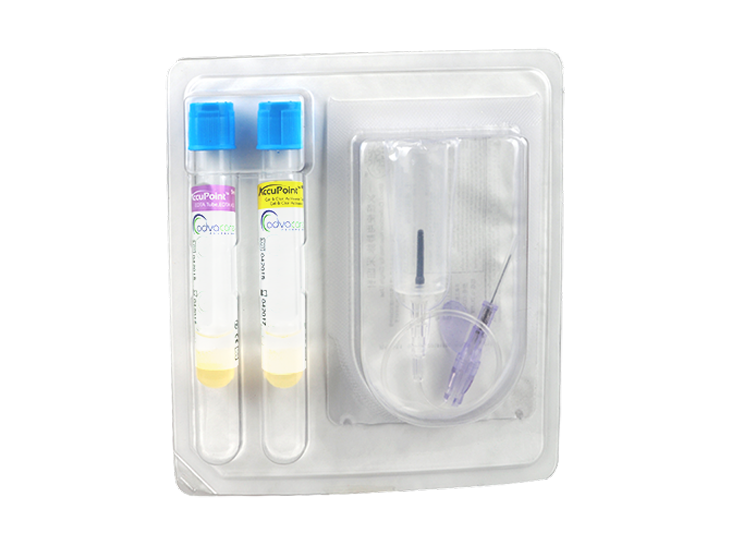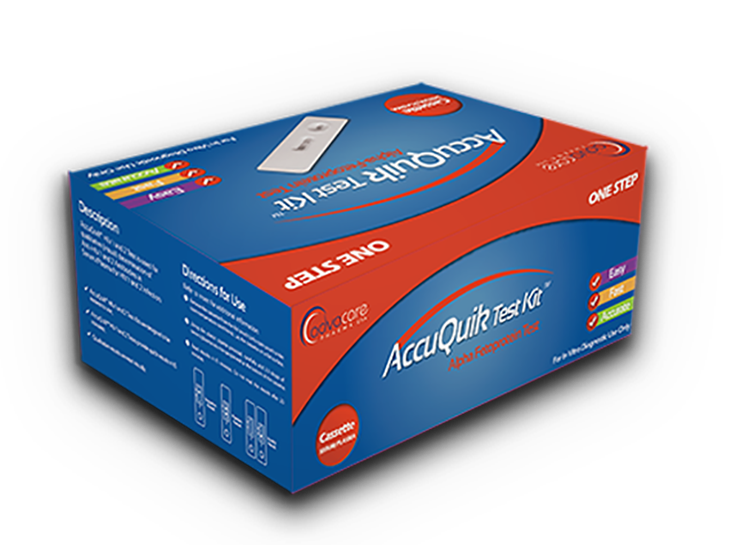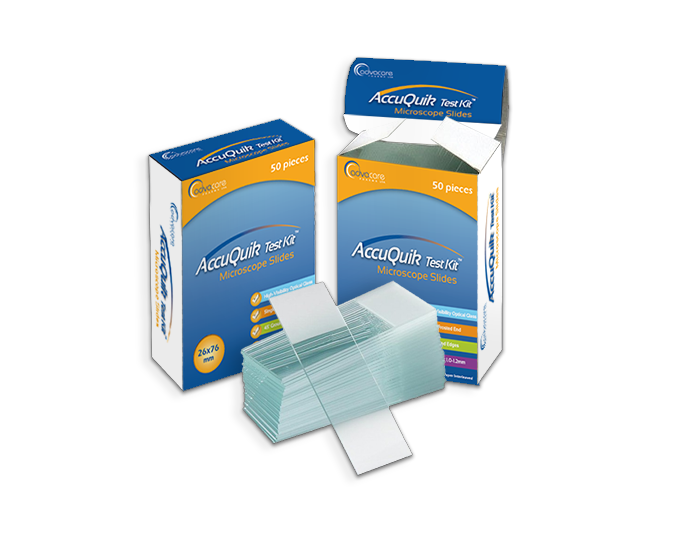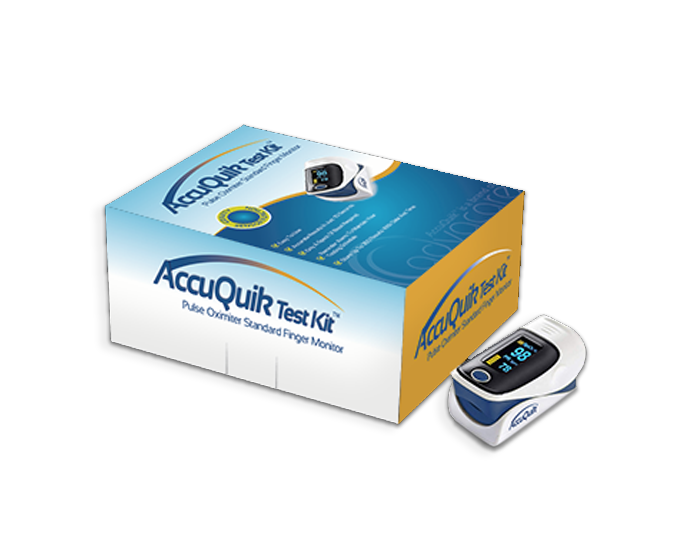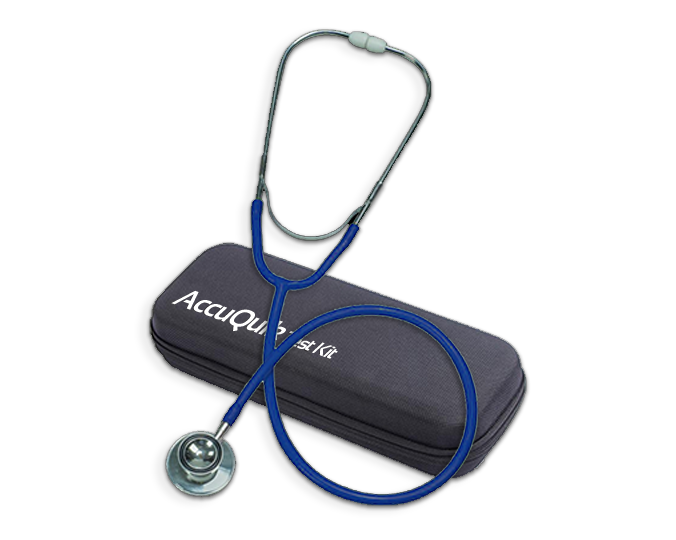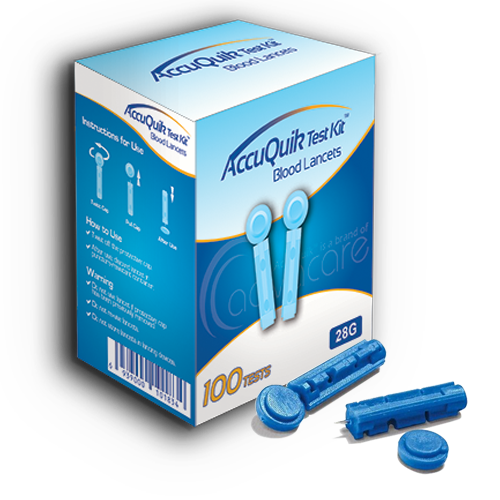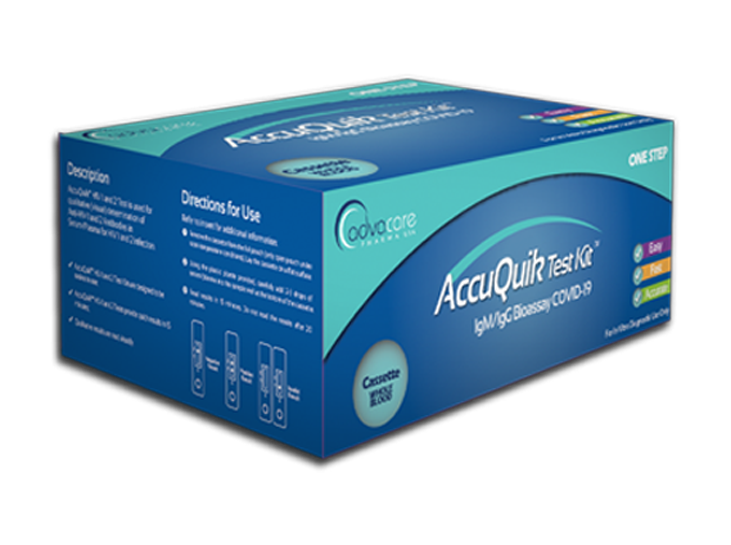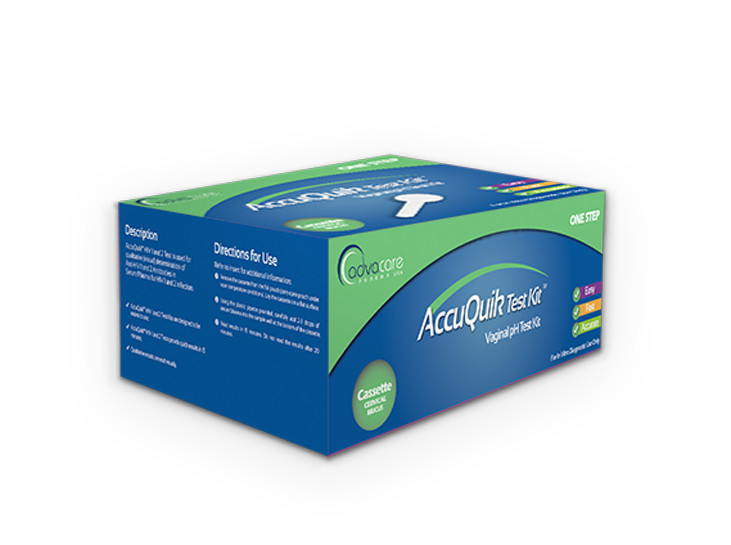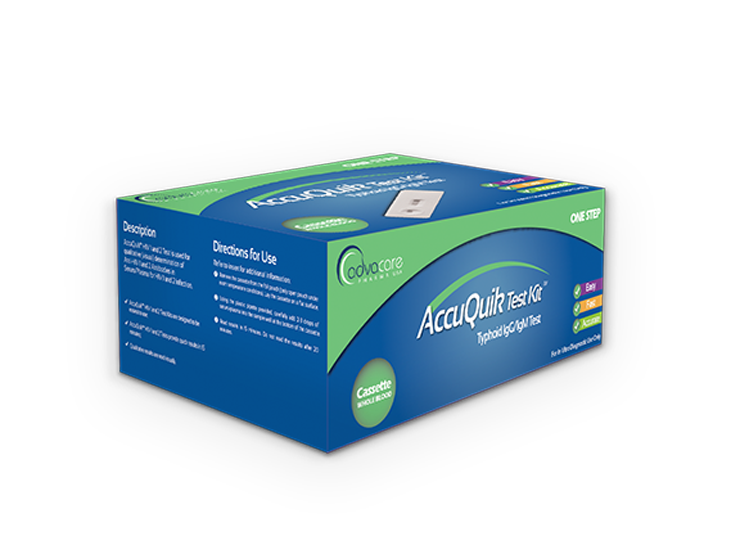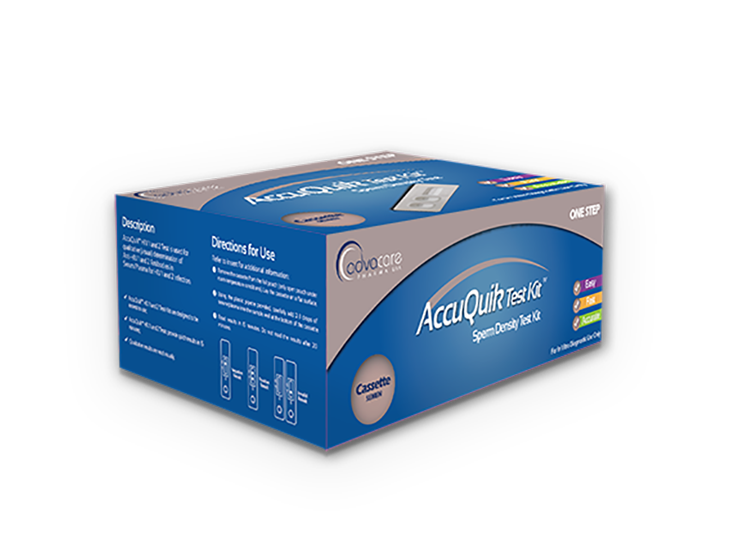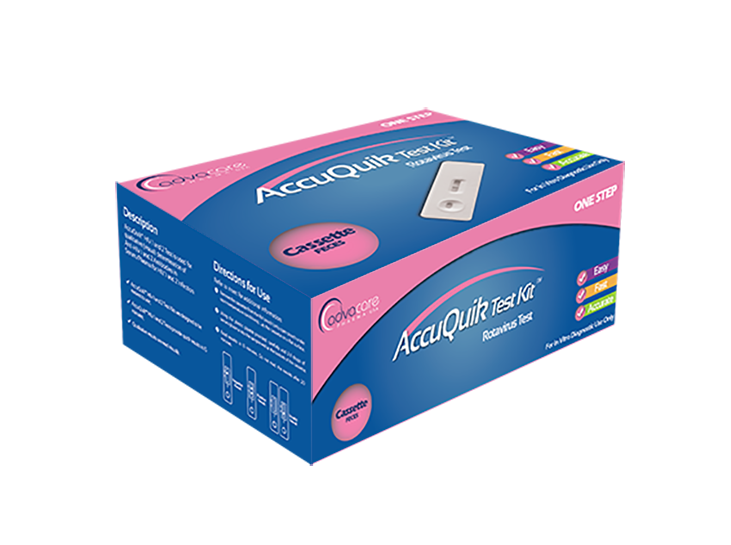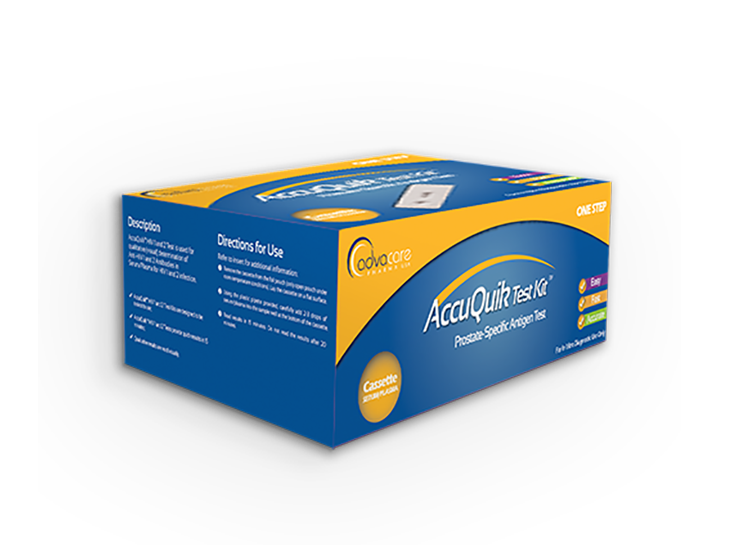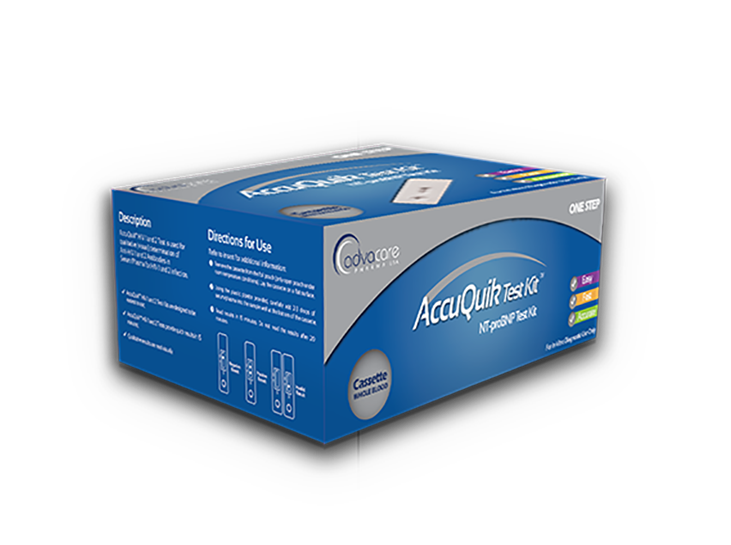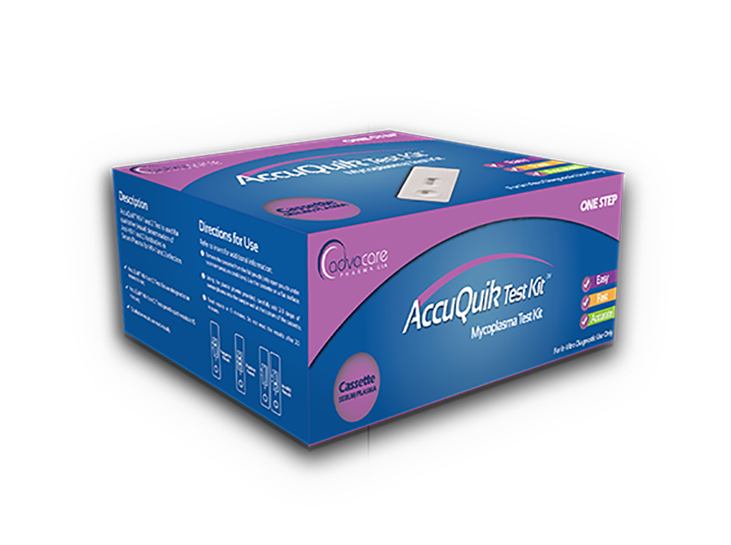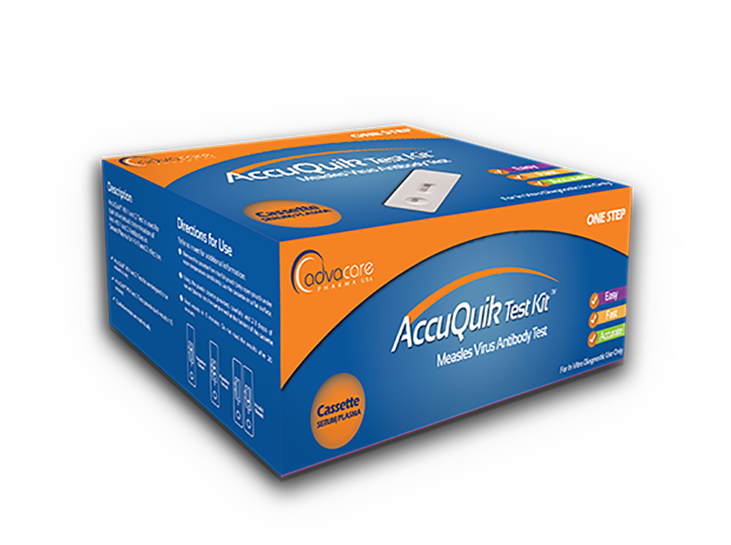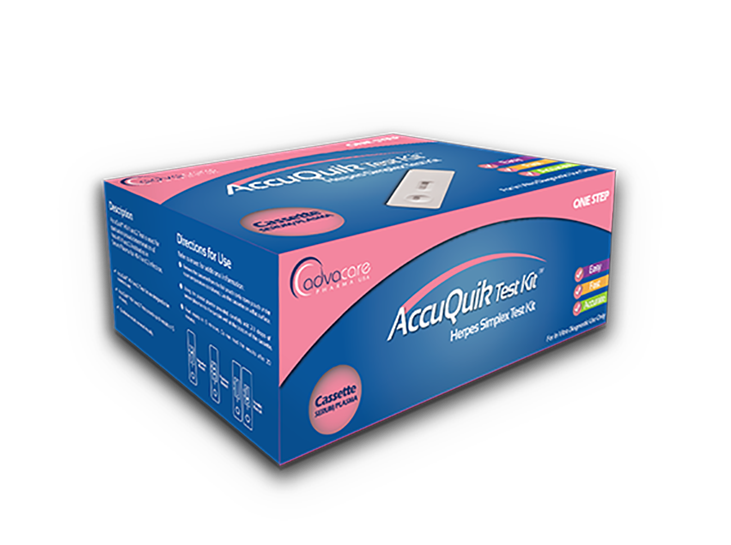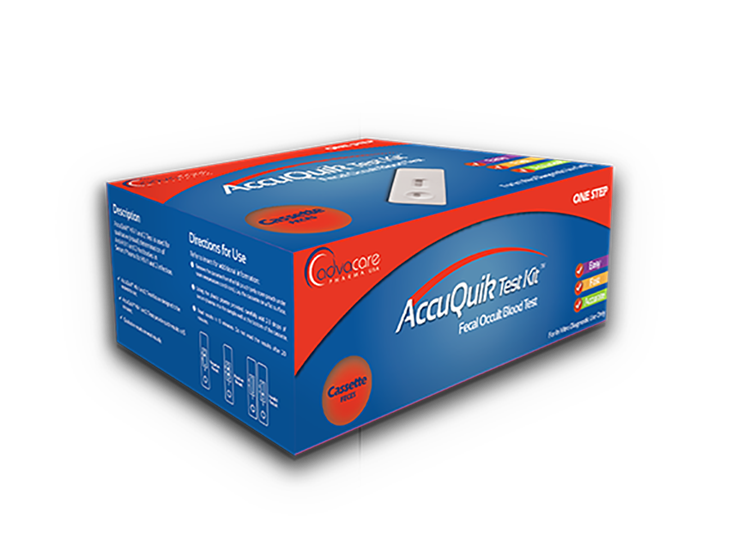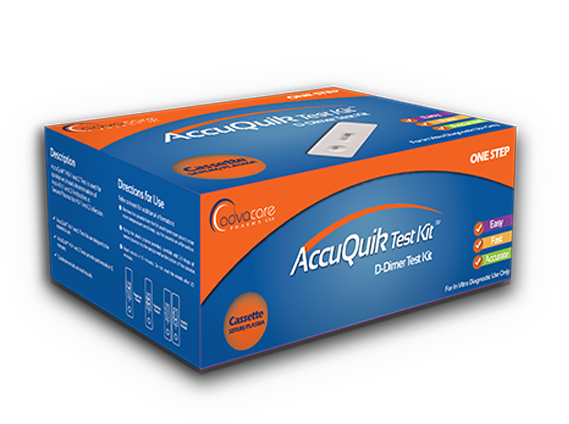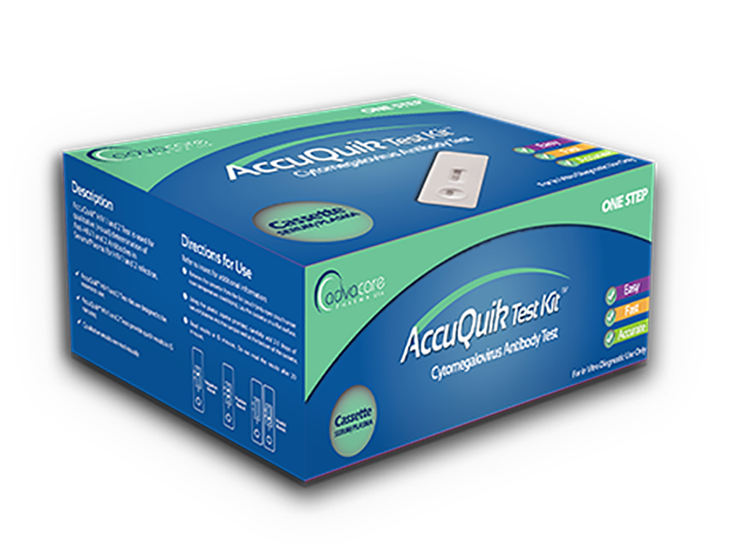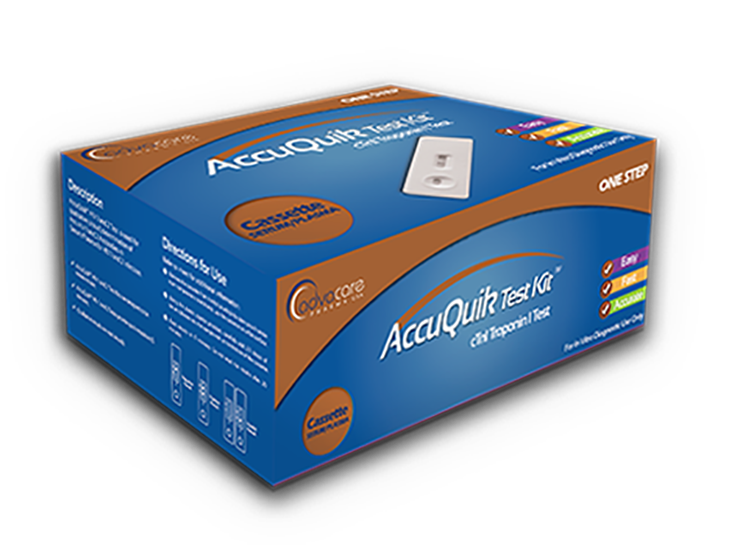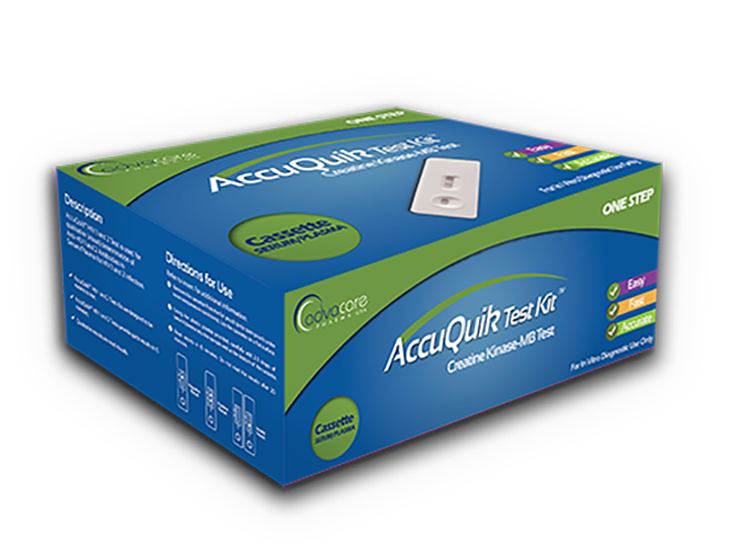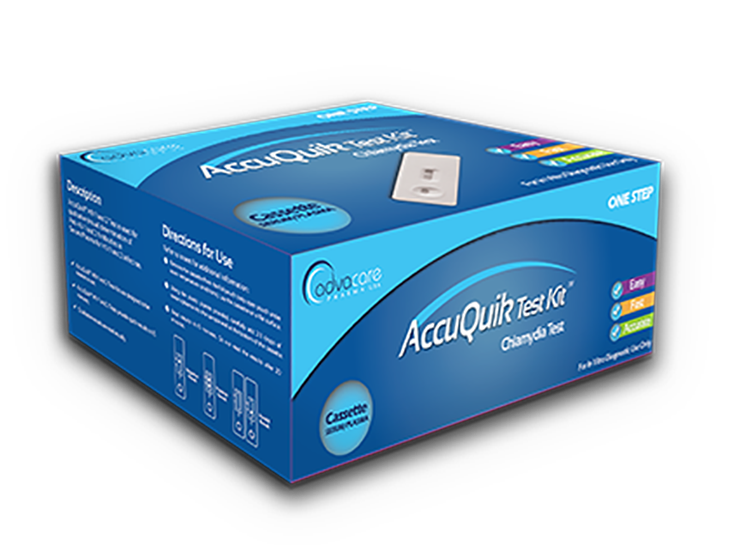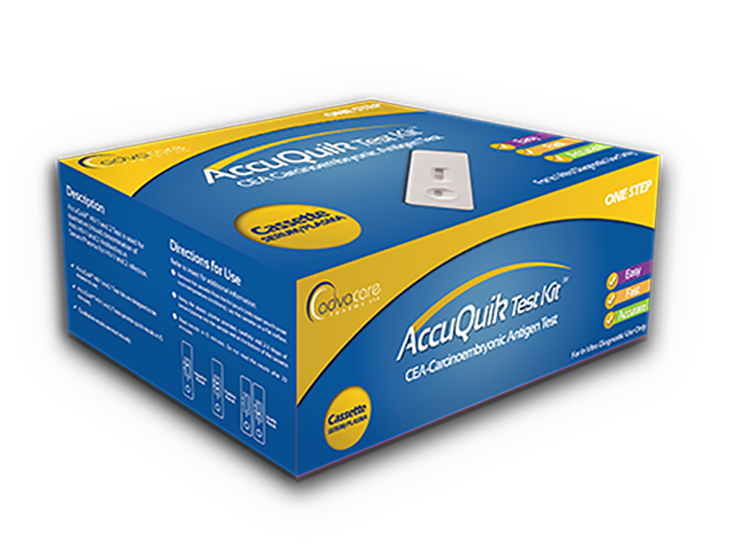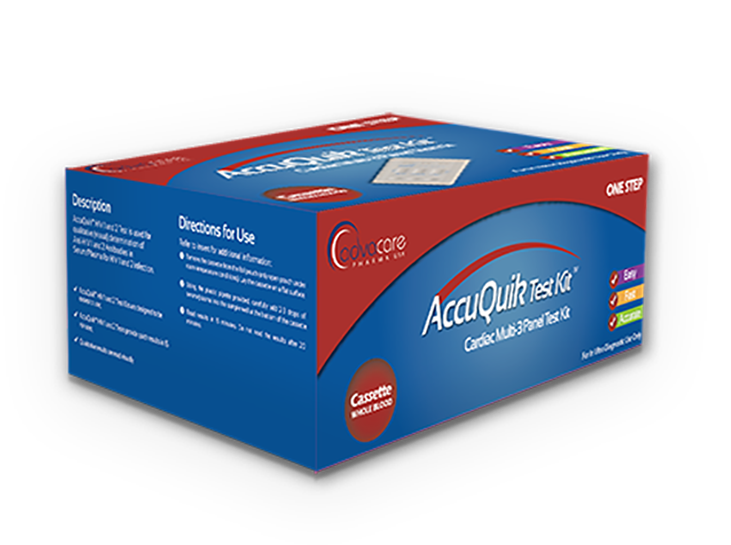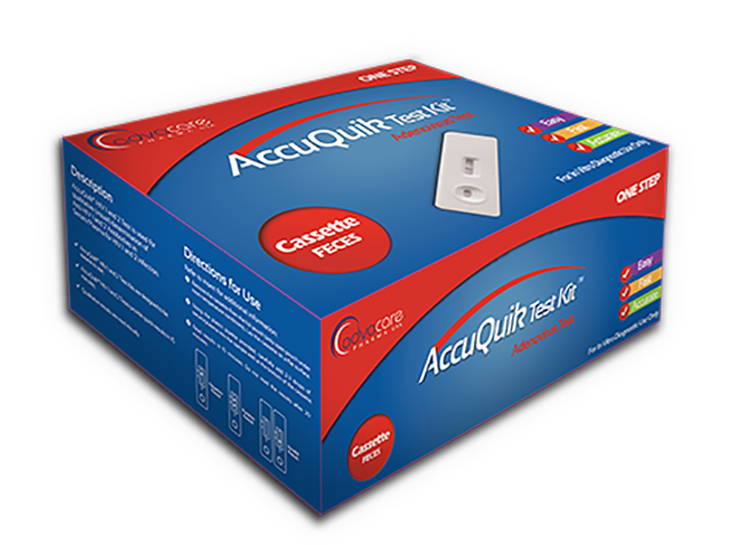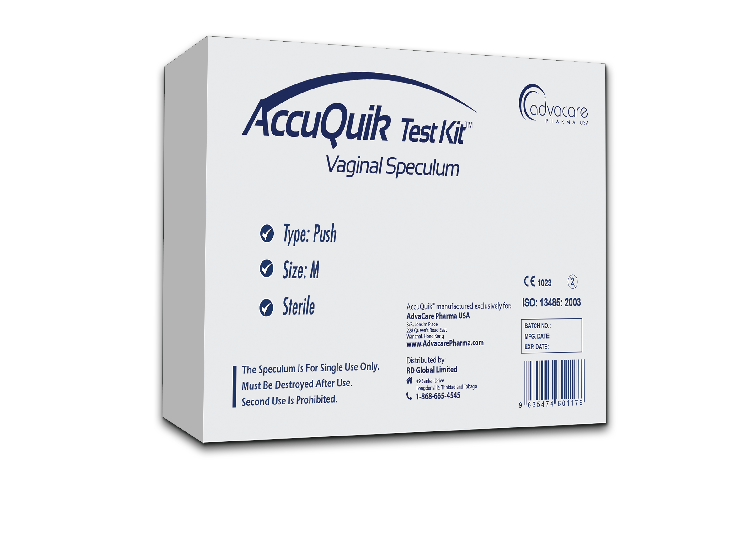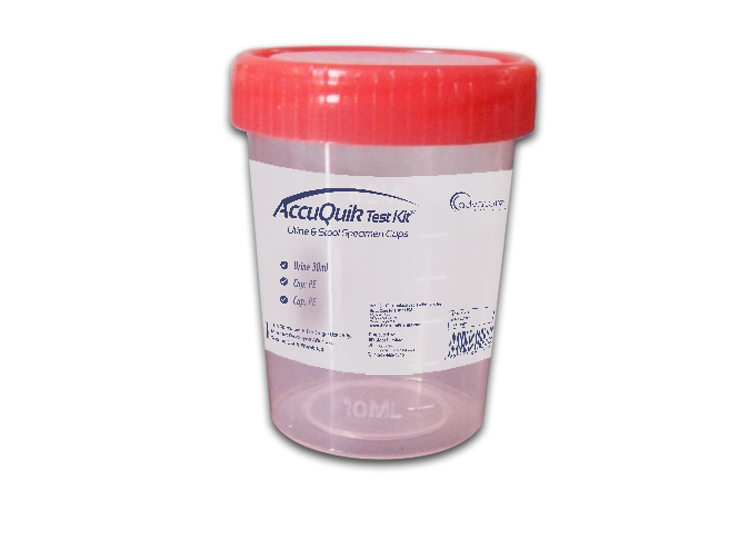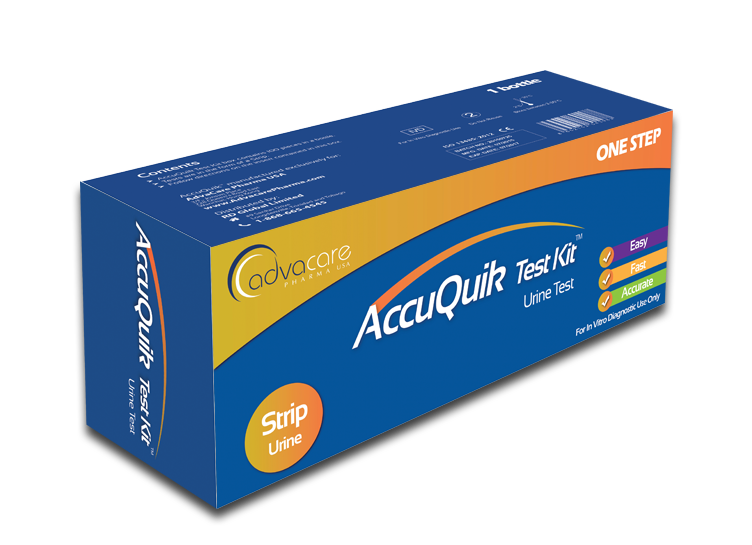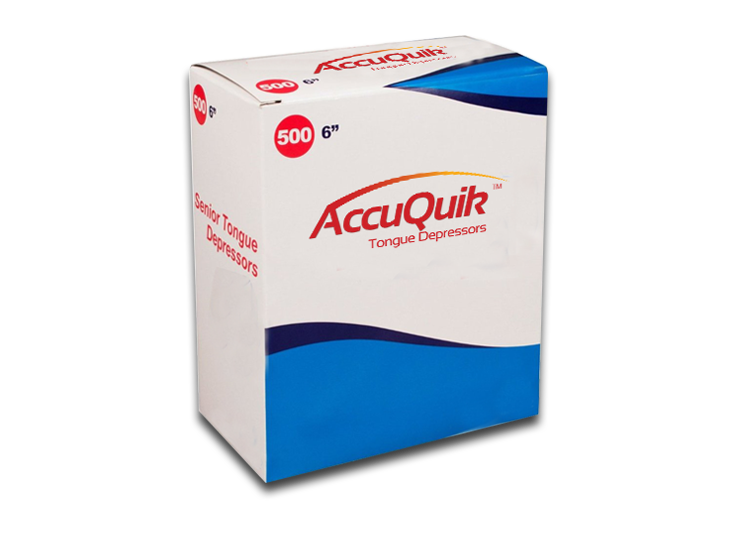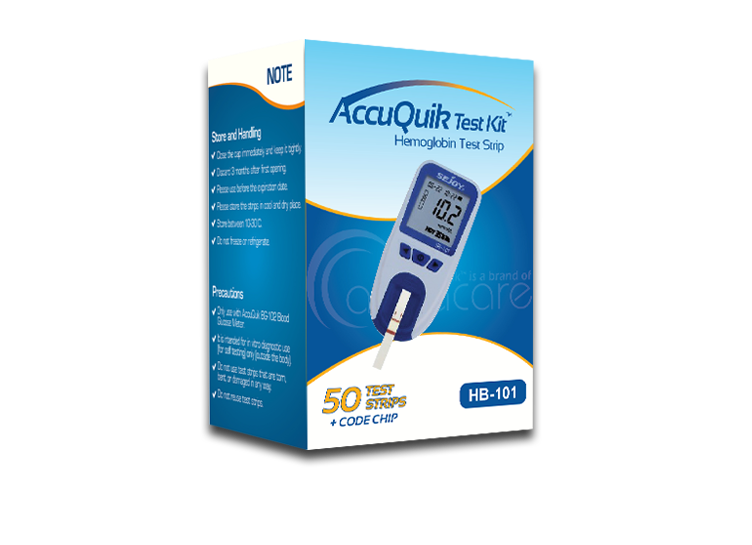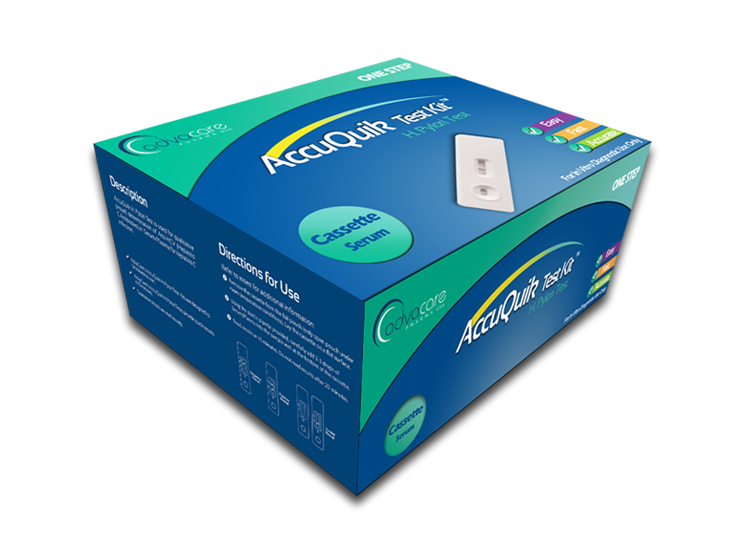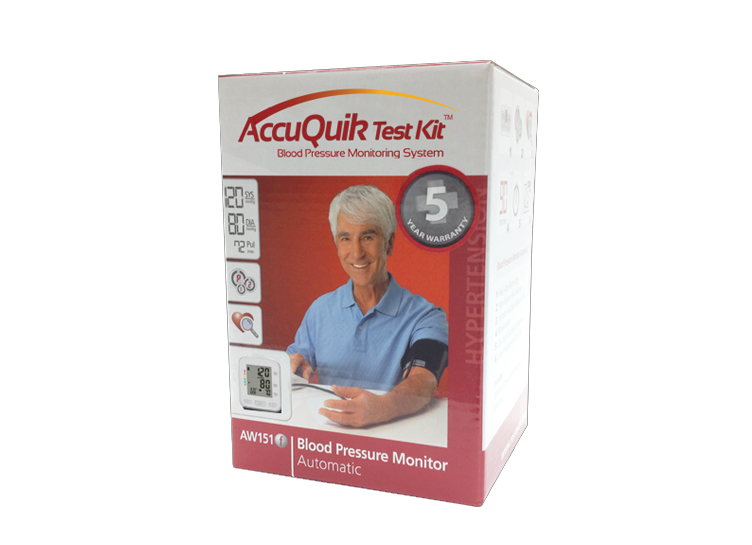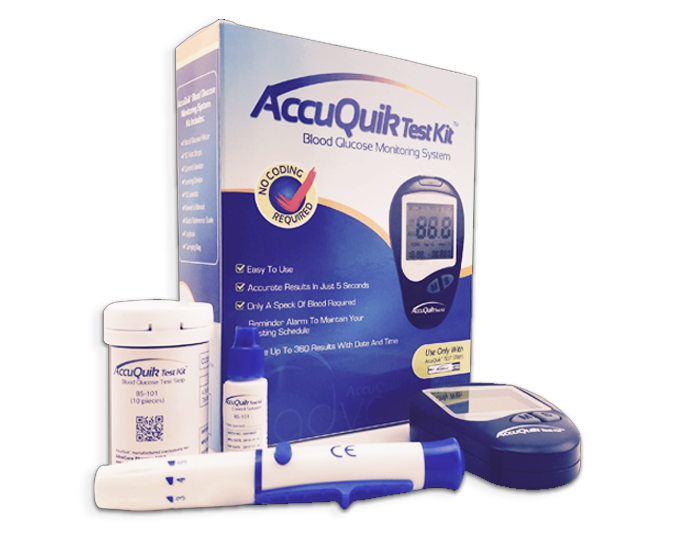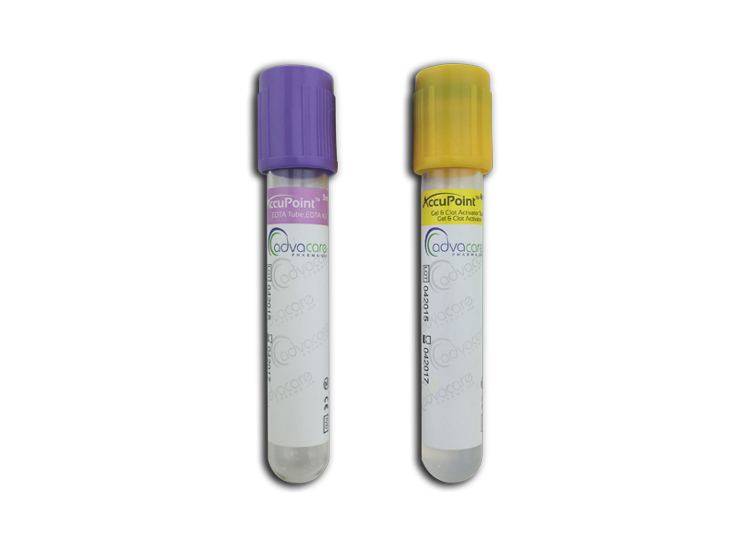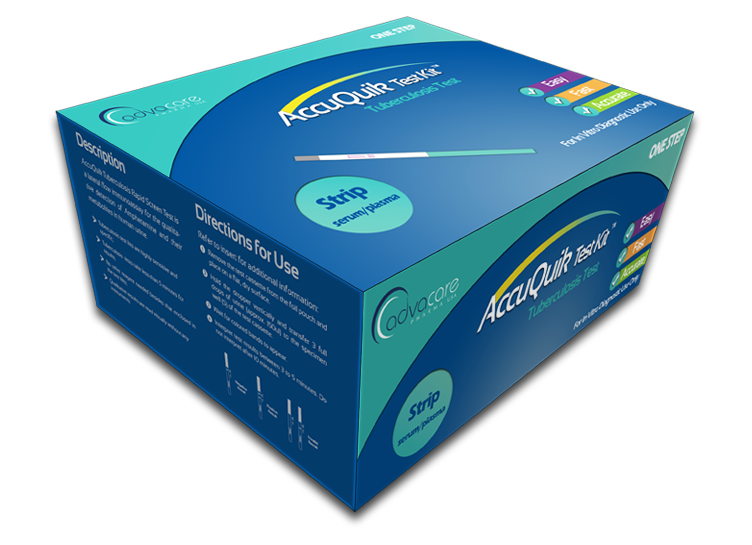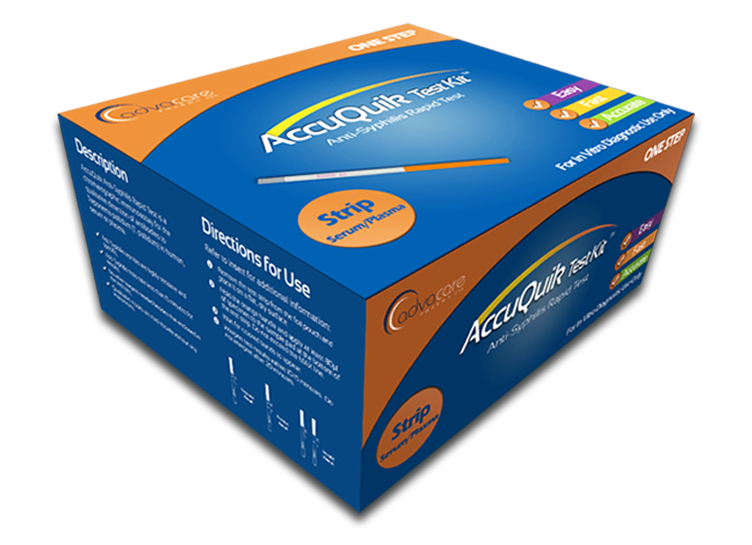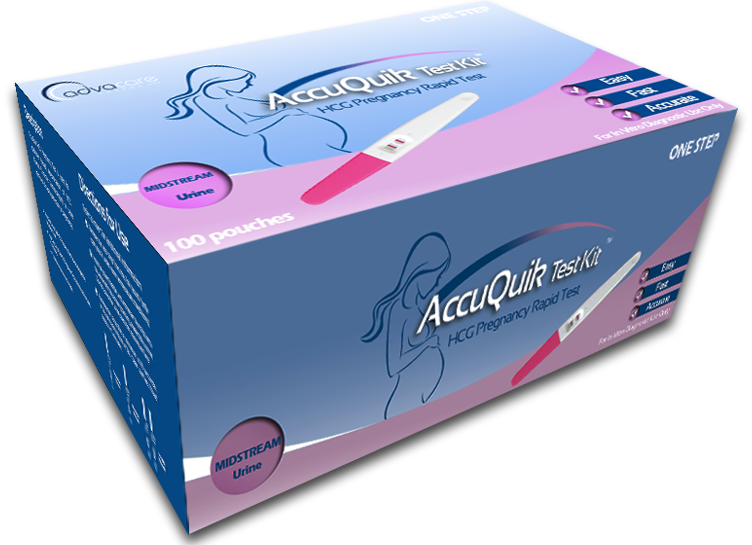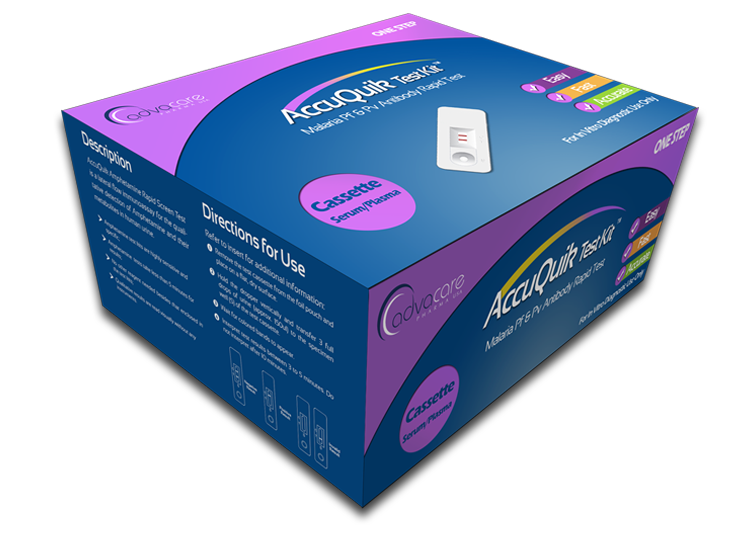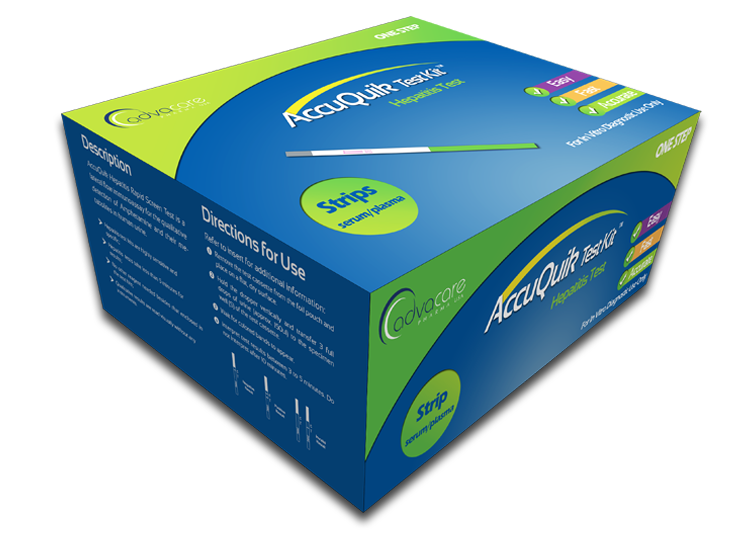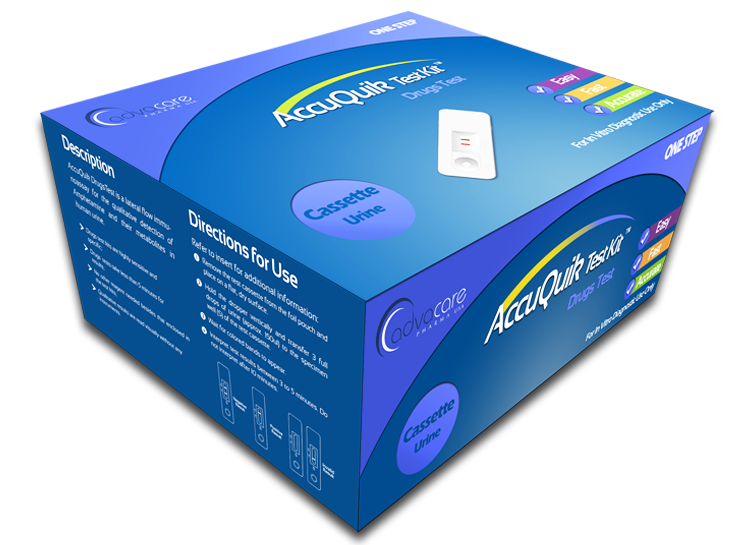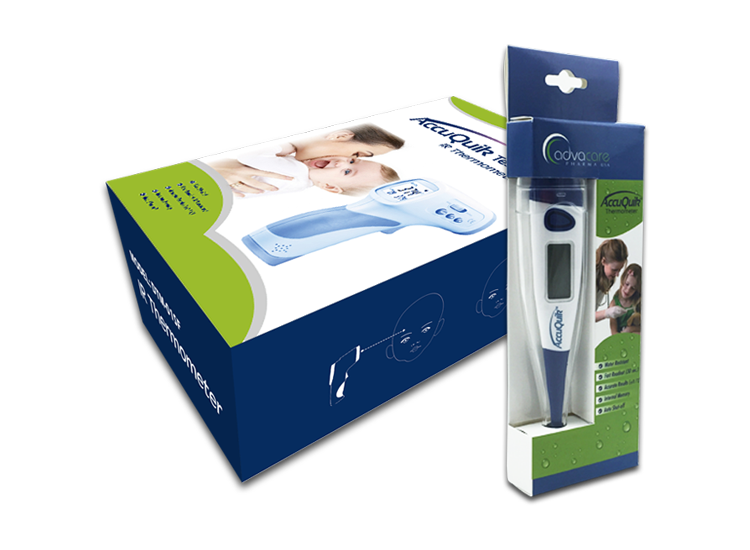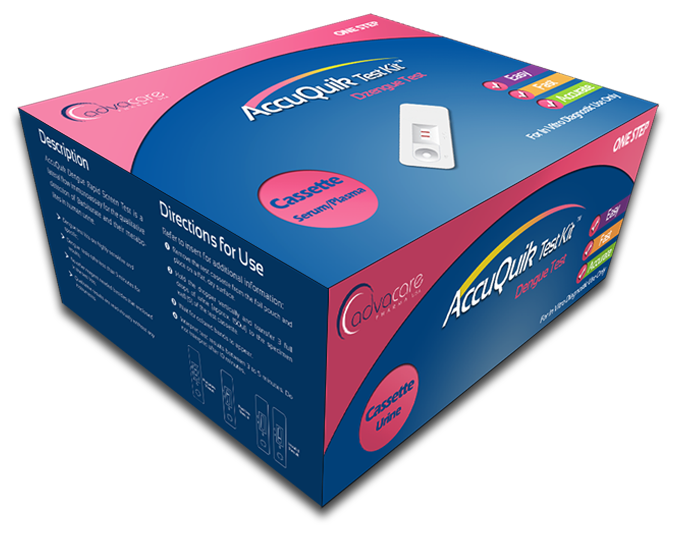More Information about the HIV Test Kit
AccuQuik™ HIV test kit is a chromatographic immunoassay for the qualitative detection of antibodies raised against human immunodeficiency virus in human serum, plasma or blood. The test requires a blood sample and takes approximately 15 minutes to provide a result.
If the test shows an HIV positive result, a further test involving Western blot analysis will be needed to confirm the result. In the case of a positive result, one should consult with a doctor to consider the first stage of treatment. The HIV diagnostic test kit has been shown to be accurate in 99.4% of cases, clearly demonstrating its reliability. Certain medical factors may influence the result of the test, for instance, if one is pregnant, allergic to medicines, or taking other medication, then a doctor should be consulted before taking the test.
AccuQuik™ promotes the use of the HIV test kit.
The HIV Test
Available as Cassette or Strips
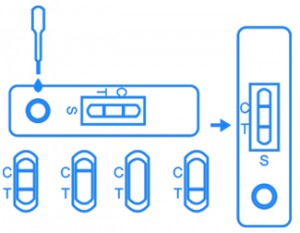
AccuQuik™ HIV test kit is a chromatographic immunoassay for the qualitative detection of antibodies raised against human immunodeficiency virus in human serum, plasma or blood. The test requires a blood sample and takes approximately 15 minutes to provide a result.
If the test shows an HIV positive result, a further test involving Western blot analysis will be needed to confirm the result. In the case of a positive result, one should consult with a doctor to consider the first stage of treatment. The HIV diagnostic test kit has been shown to be accurate in 99.4% of cases, clearly demonstrating its reliability. Certain medical factors may influence the result of the test, for instance, if one is pregnant, allergic to medicines, or taking other medication, then a doctor should be consulted before taking the test.
AccuQuik™ promotes the use of the HIV test kit.
The Disease
General Information
Human Immunodeficiency Virus (HIV) causes Acquired Deficiency Syndrome (AIDS). HIV is a retrovirus which means the virus is able to replicate inside the host cell through a process called reverse transcription. This allows the virus to incorporate itself into the hosts’ genome, which results in the production of the viral proteins needed to assemble new copies of the virus. The genes that allow the virus to replicate have a high rate of mutation, causing difficulties developing drugs to tackle the virus.
HIV weakens the immune system by destroying T-helper cells, which are key components of the immune response to infection. The virus is transmitted via body fluids for example through unprotected sex, blood transfusions, pregnancy and contaminated needles.
Occasionally flu-like symptoms are experienced within the first month following infection, followed by an asymptomatic state until the disease progresses to AIDS. Symptoms of AIDS include fever, sleep sweats, tiredness, weight loss, and swollen glands. Once AIDS has developed the infected individual is susceptible to illness due to a weakened immune system. Common infections include Kaposi’s sarcoma, mental changes, shortness of breath, dementia, malnutrition and chronic diarrhea.
There is no vaccine for HIV/AIDS however there are recommendations to prevent transmission and contraction of the disease. These include the use of condoms and water lubricants, and not sharing needles.
There are two types of HIV – HIV-1 and HIV-2. The two types are very similar, with both causing clinically indistinguishable AIDS. Evidence suggests HIV-1 is more easily transmitted and the period between the initial infection and illness is shorter for HIV-1.
HIV has been classified as a global pandemic with over 40 million deaths to date. The virus is particularly prevalent in sub-Saharan Africa, with those in South and Southeast Asia also highly affected. Many individuals are unaware of their status, contributing to the transmission of the disease.
For more information about HIV/AIDS consult the following website:
http://aids.gov/hiv-aids-basics/hiv-aids-101/what-is-hiv-aids/.
Treatment
A drug regime is prescribed for the treatment of HIV, known as HAART – highly-active antiretroviral therapy. The regime is very specific, with the drugs need to be taken at the exact same time every day.
The side effects associated with the drug regime include diarrhea, nausea, a rash, vivid dreams, abnormal body fat distribution and if taken incorrectly can lead to virus mutation and resistance to treatment. If the disease progresses to AIDS then further medication is required to fight other infections.
For information on treatment and support groups consult the following website:
http://www.aids.gov/hiv-aids-basics/.
At AdvaCare Pharma USA we do have other divisions dedicated to different ranges which can be of your interest. Or you can check more products within our AccuQuik Test Kits below:

